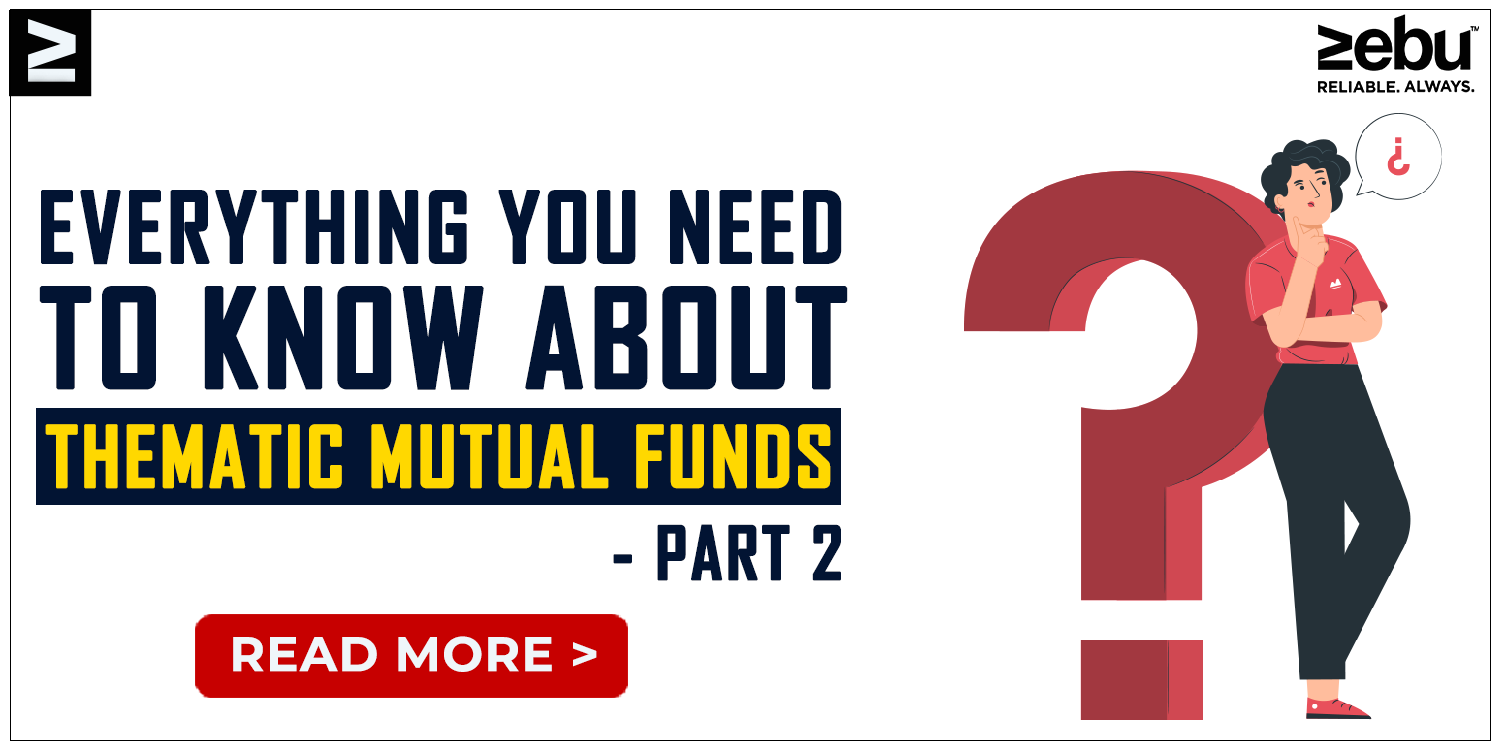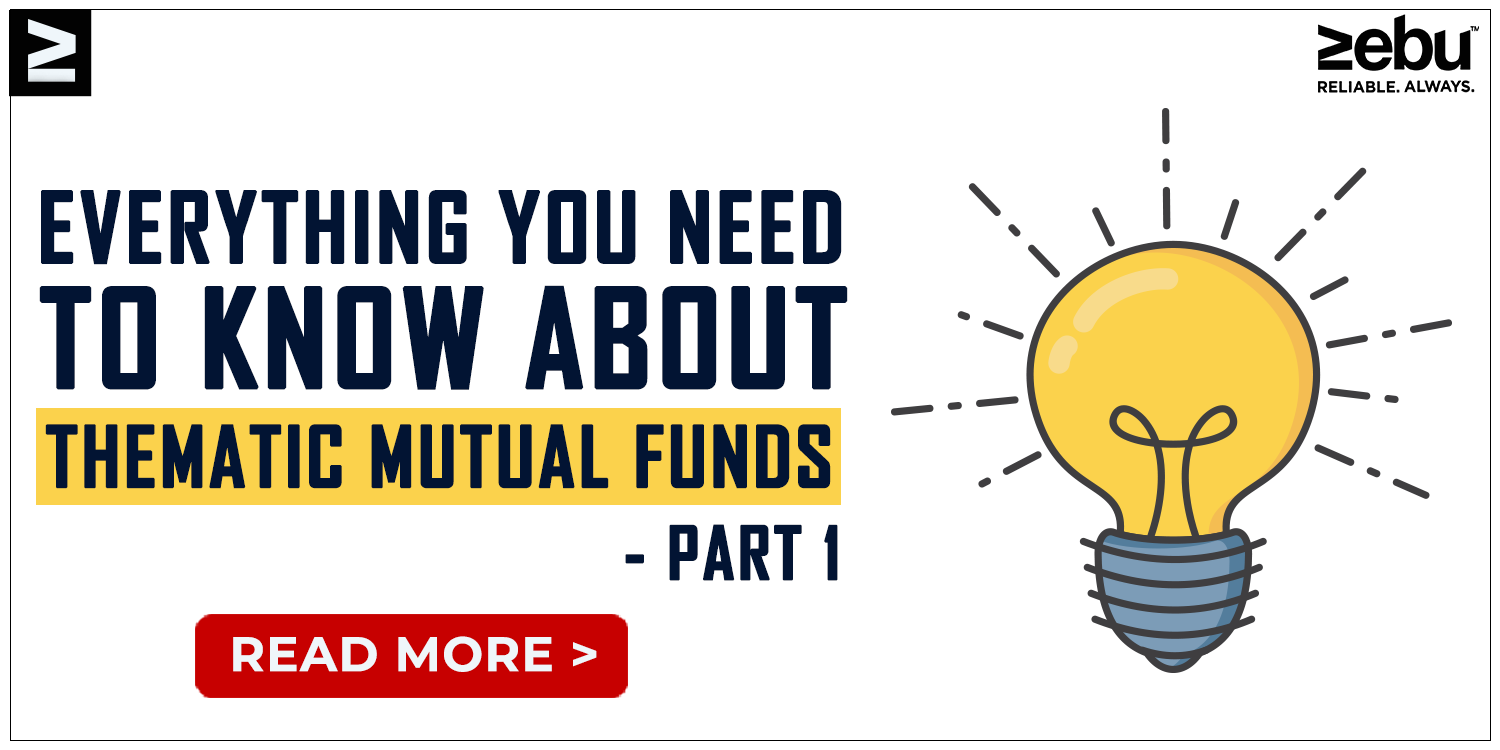
A thematic fund’s portfolio is made up of stocks from companies in different industries that have something to do with the theme of the fund. Some investors might not know how each of these industries is growing. You can decide if certain sectors can help you make a lot of money if you know enough about them and how they relate to the subject of the fund. So, thematic funds are a good choice for investors who like to keep up with the news and are good at researching a wide range of industries. Investors can decide if they want to put their money into a certain topic by keeping an eye on a lot of places and getting useful information.
4. Things to think about before putting money into theme-based funds
Investment Goals: Before buying these funds, you should be sure of what you want to do with them. If you want the best return on your theme fund investment, you should invest for more than five years. It’s not hard to see why. Any business needs enough time to reach its full potential. So, when you put money into these funds, you should have long-term goals in mind, like retiring early, paying for your child’s college, etc.
Investment Risks: The benefits of investing in theme funds may seem appealing, but it’s important to know the risks that come with it. It is a very dangerous way to go. Because of this, people who have never invested before are told not to buy themed funds. Let’s look at the main risks that come with these funds:
Semi-Diverse Portfolio: Compared to sectoral funds, which don’t offer any variety, a theme fund’s portfolio is a bit more diverse. It does, however, offer fewer ways to spread out your investments than other equity funds, like multi-cap funds, whose portfolios include securities from many different industries. Since these equity funds don’t have a theme, it’s less likely that all the stocks will fall at the same time than it is with thematic funds.
Some themes could take longer to develop than expected. Even if some of us can see that a theme has a lot of potential in the near future, say in the next four or five years, our predictions are likely to be wrong. It might take longer than we thought. There were a lot of brand-new funds with themes, and many investors hoped to make money from them. Even though infrastructure has been a topic for more than ten years, there hasn’t been much progress. When investing in themed funds, an investor may have to wait up to 20 years to see a profit. There is a risk of time with theme funds.
Expense Ratio:
You need to be honest about the costs that cut into your profits. For managing the thematic funds you want to invest in, Asset Management Companies (AMC) will charge you a fee called an expense ratio. This fee is mostly used to pay for the fund’s overhead costs, such as the salary of the fund manager and marketing costs. The fee is charged once a year.
5. Taxation of Thematic Funds
What matters are the profits after taxes. You should know how taxes work with that kind of money. The capital gains you made when you sold your theme fund are taxed based on how long you held on to it.
If you sell your investments within a year, the profits are considered short-term capital gains (STCG), and you have to pay 15% tax on them.
Long-Term Capital Gain Tax (LTCG):
Gains from any investment held for more than a year are considered Long-Term Capital Gains and are taxed (LTCG). Gains of up to Rs. 1 lakh are not taxed in a fiscal year. Gains of more than Rs. 1 lakh are taxed at 10%.
These are the important things to know about Thematic mutual funds. To start investing in them, open your demat account with Zebu today.
